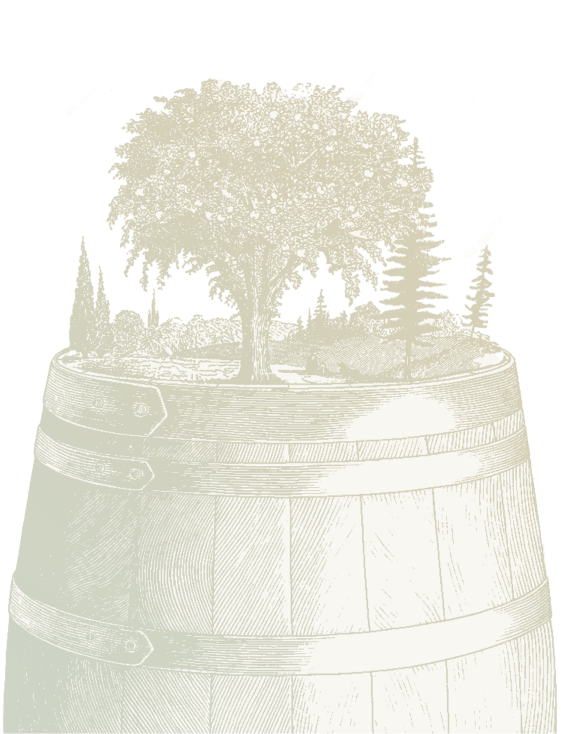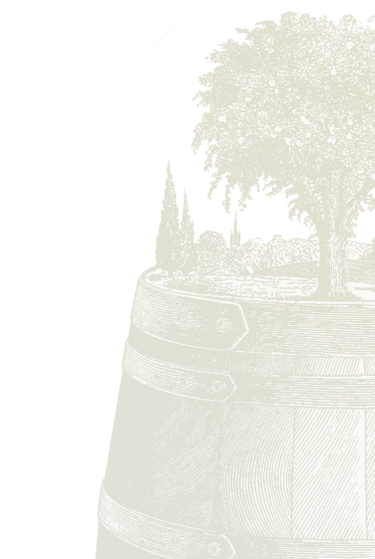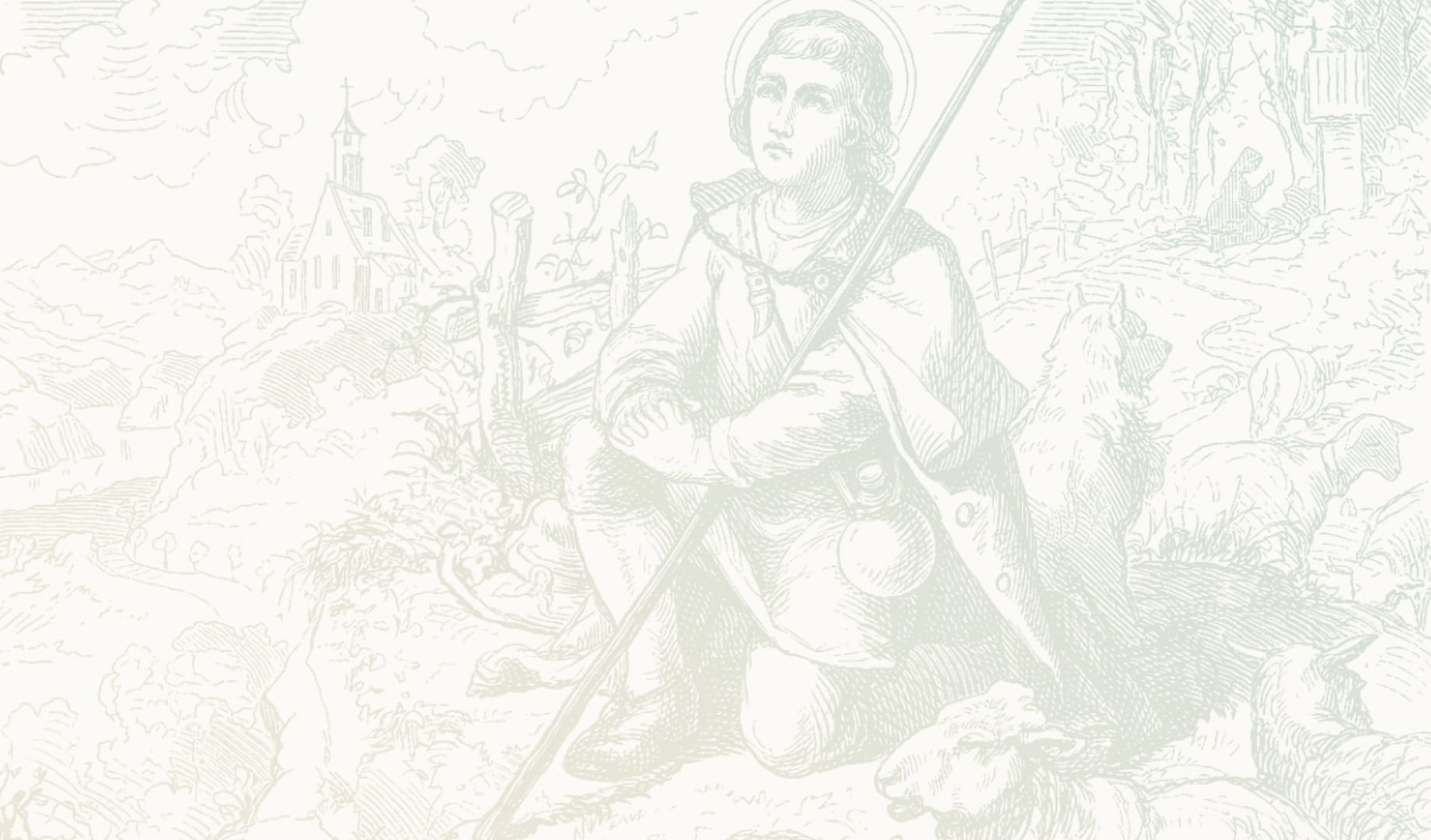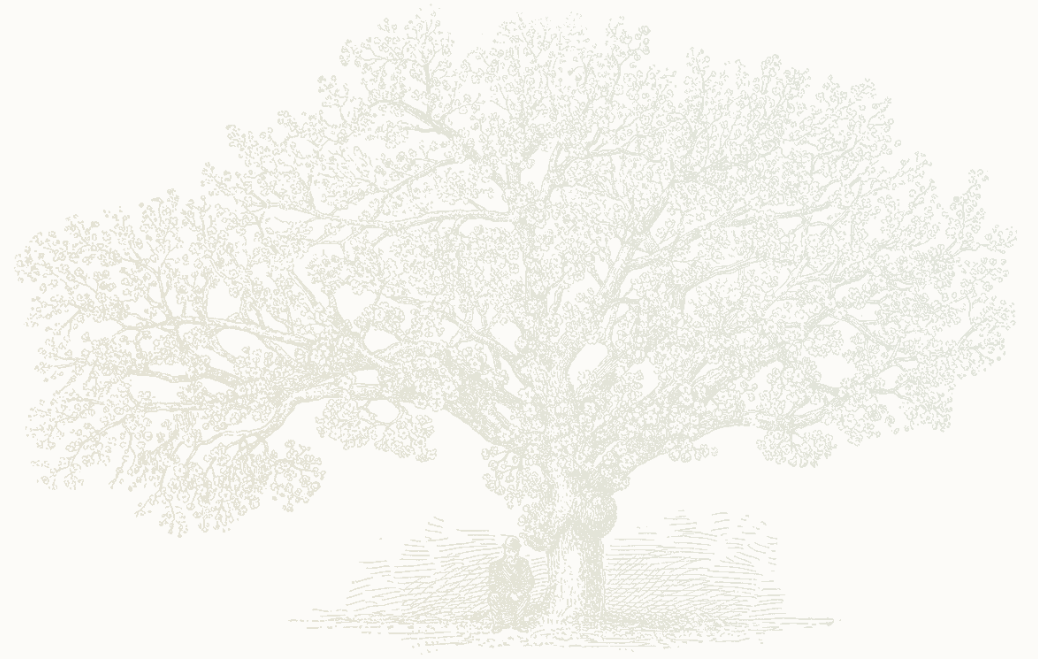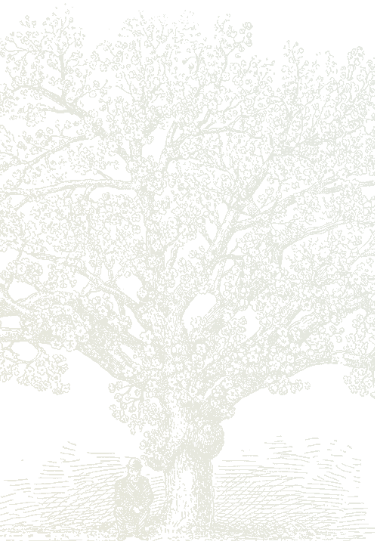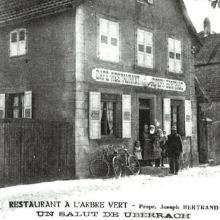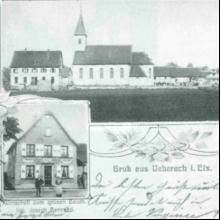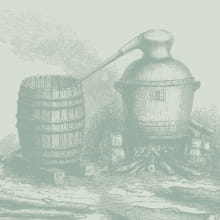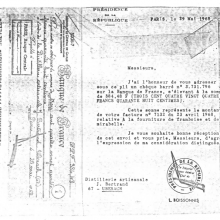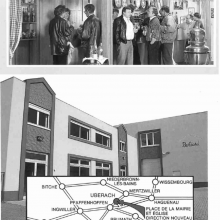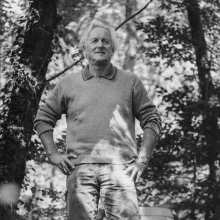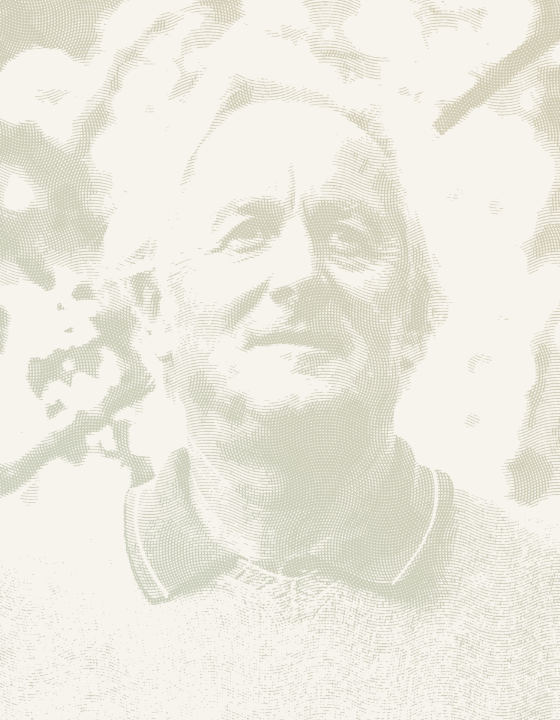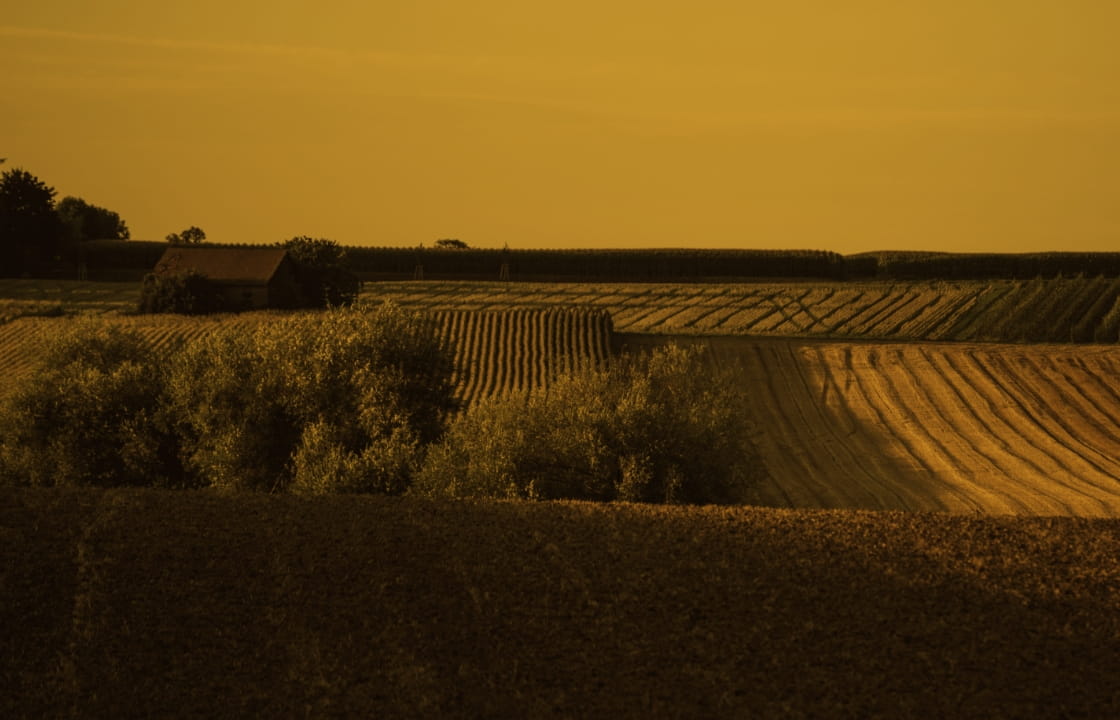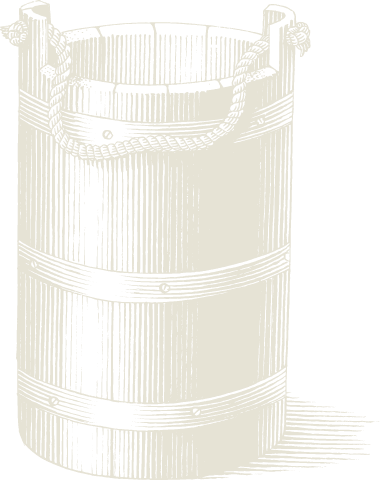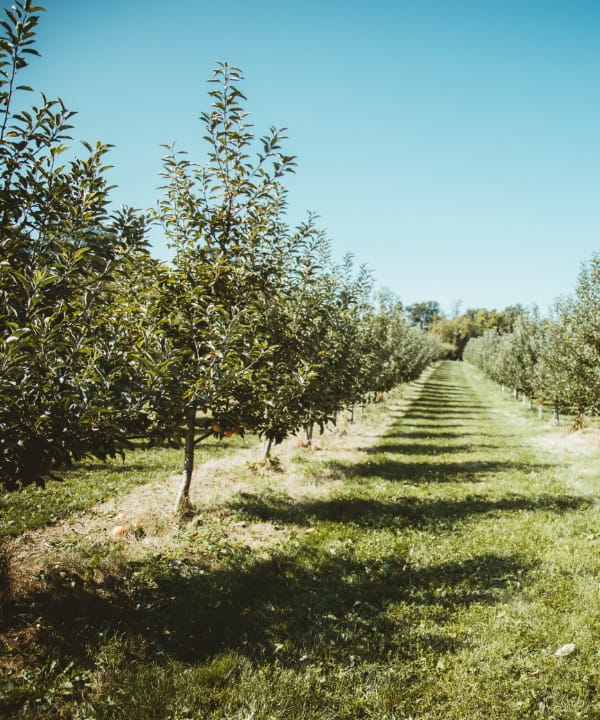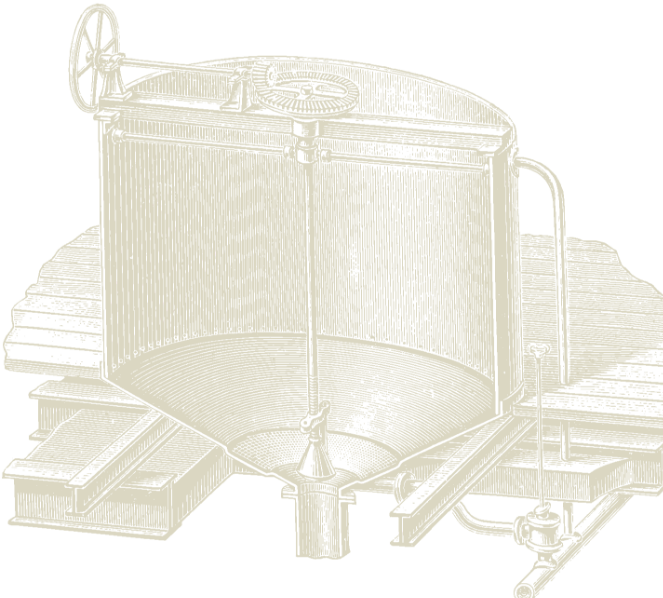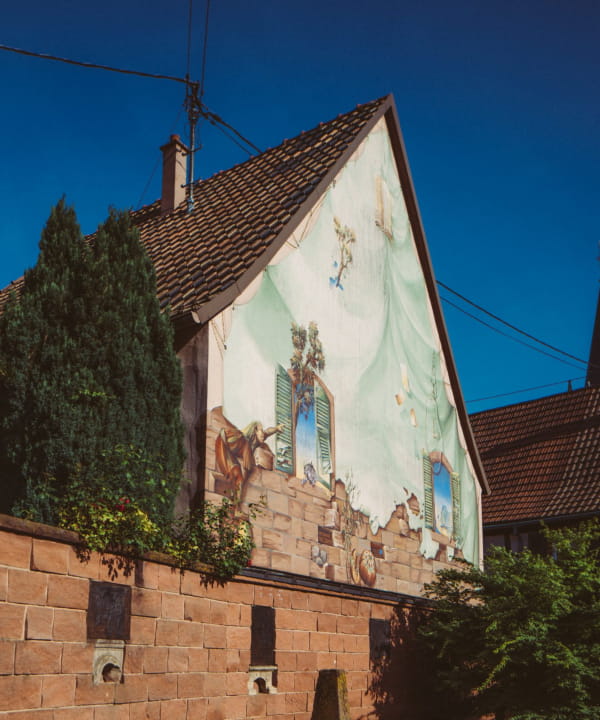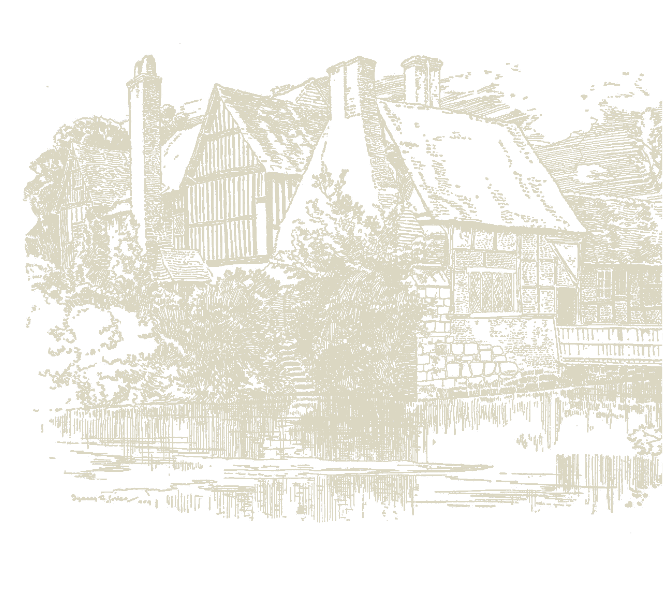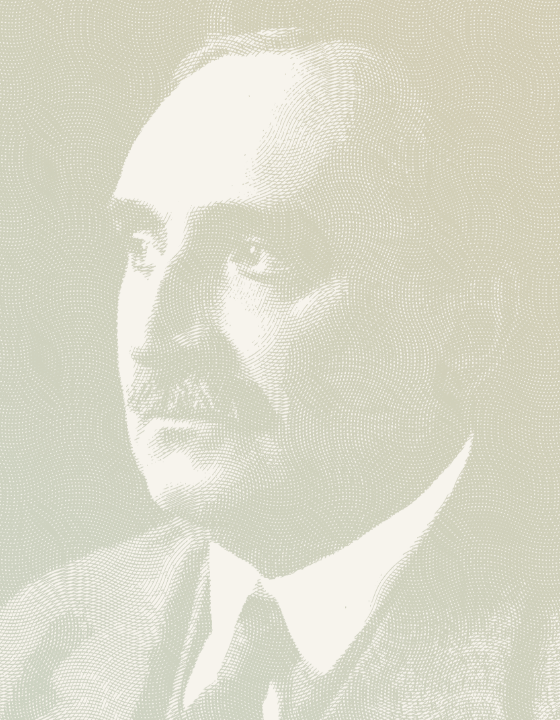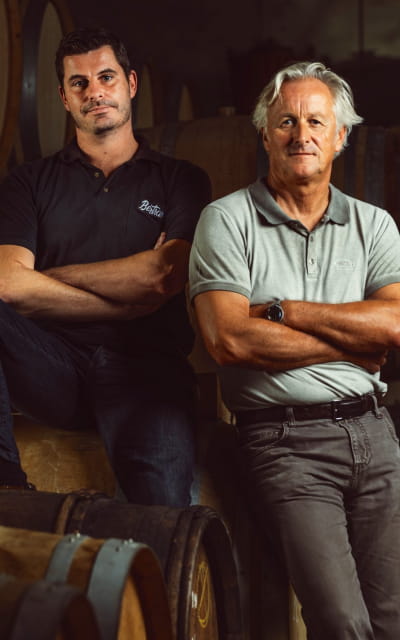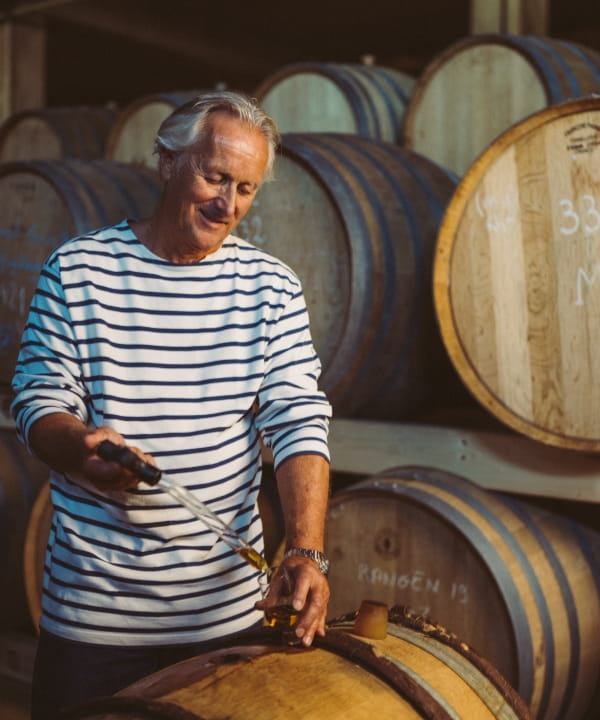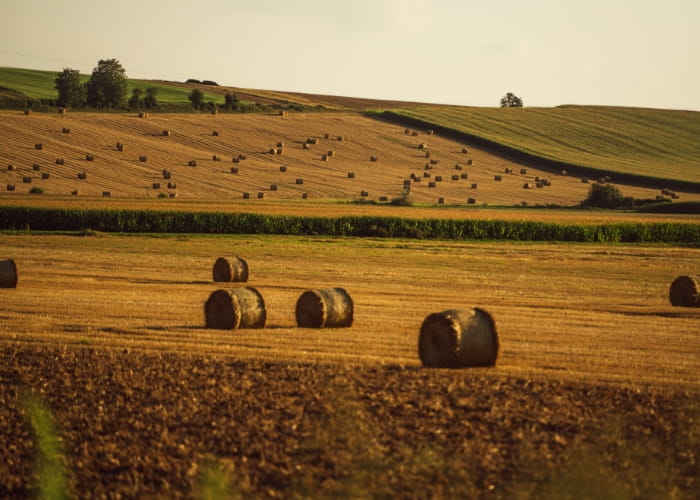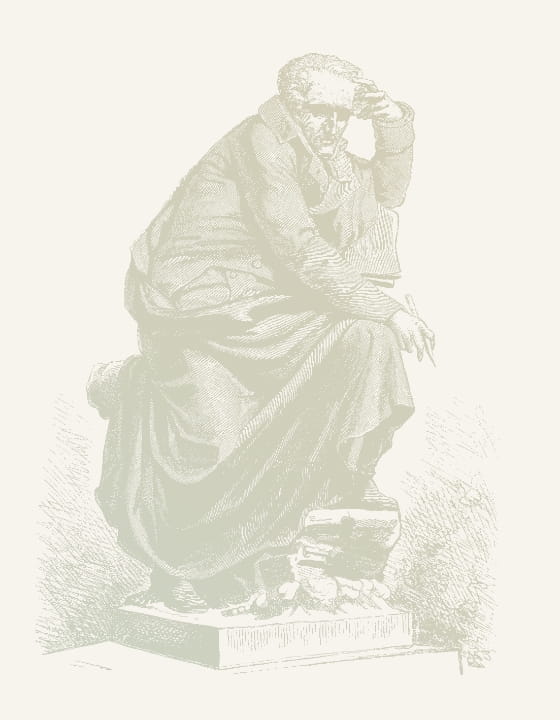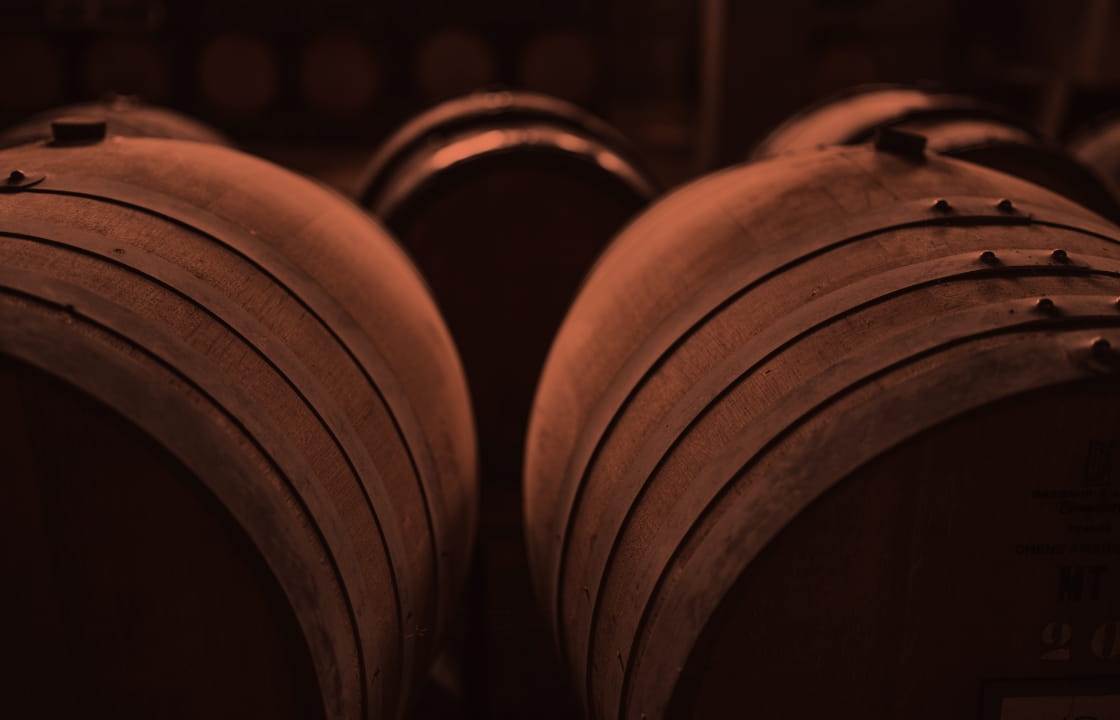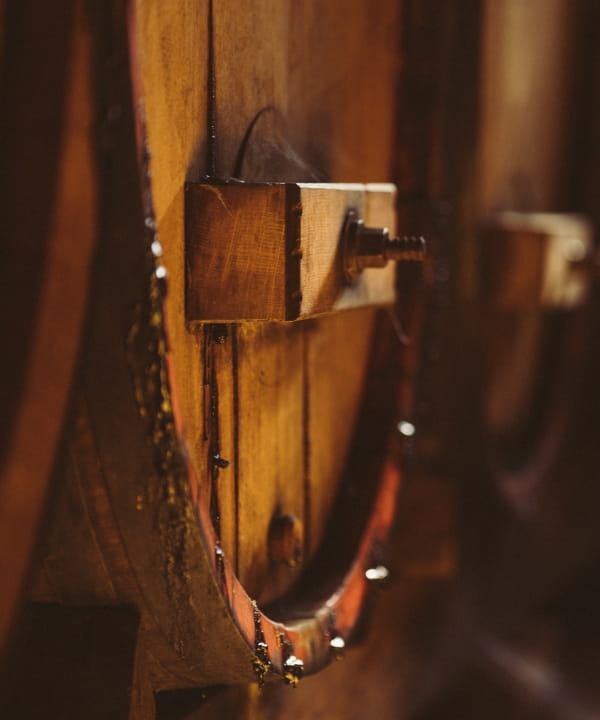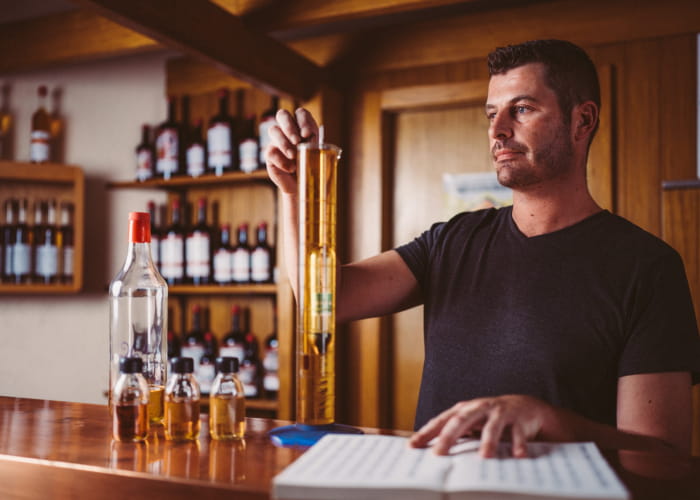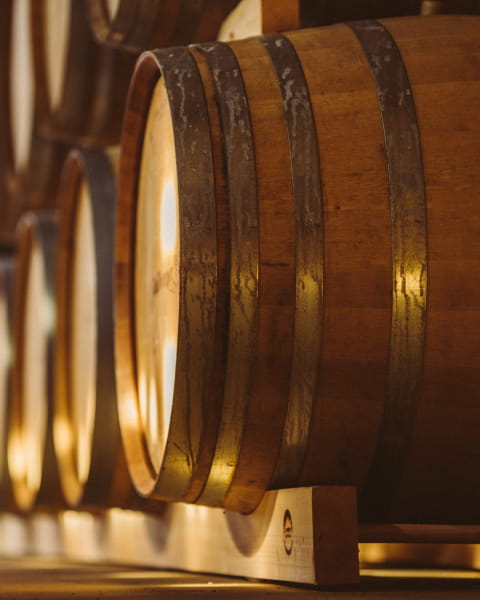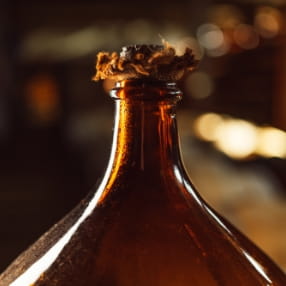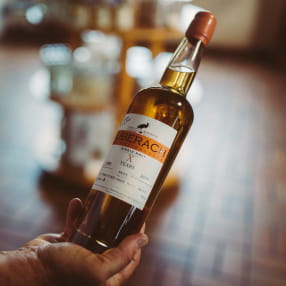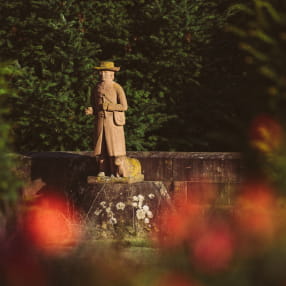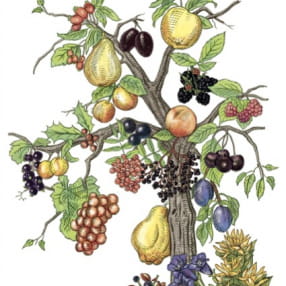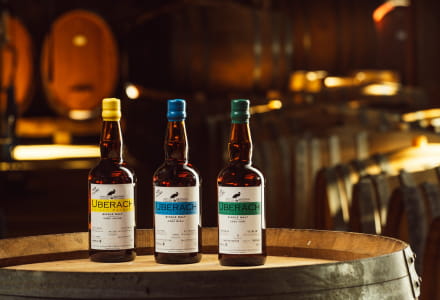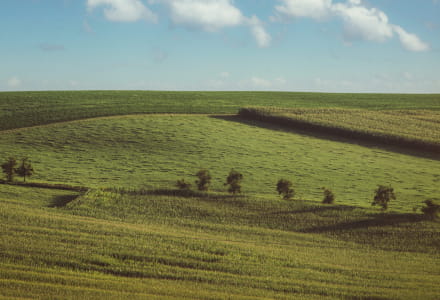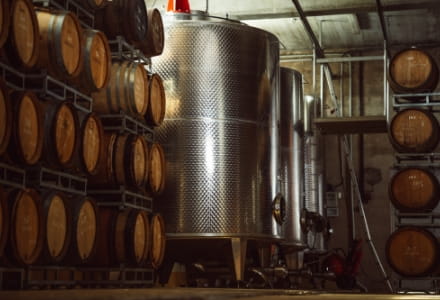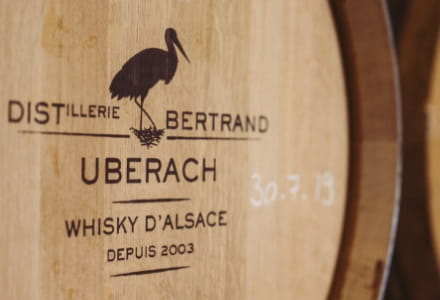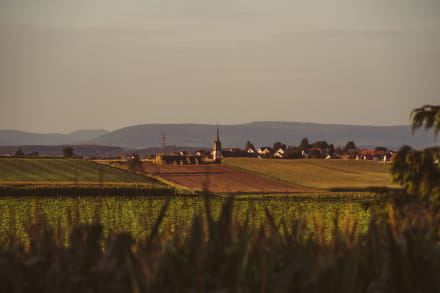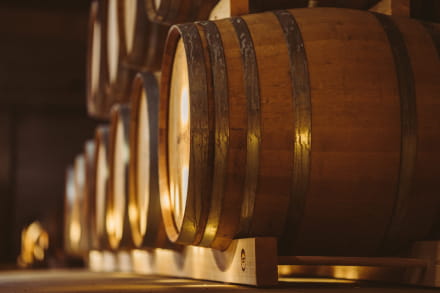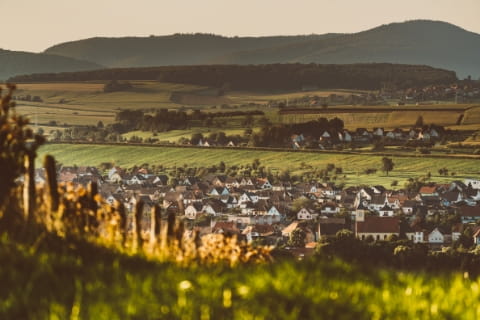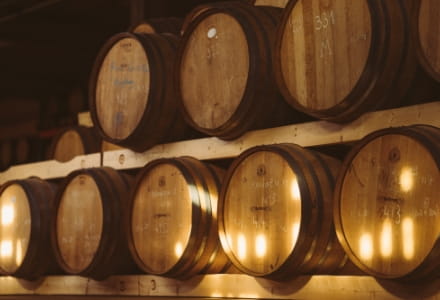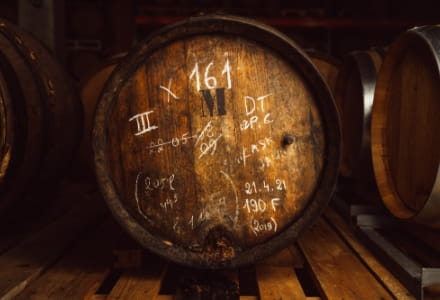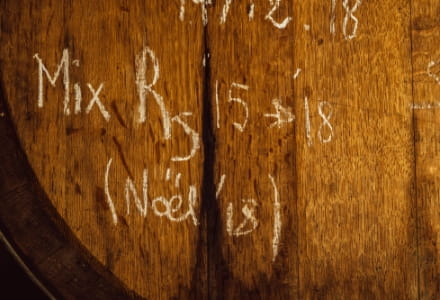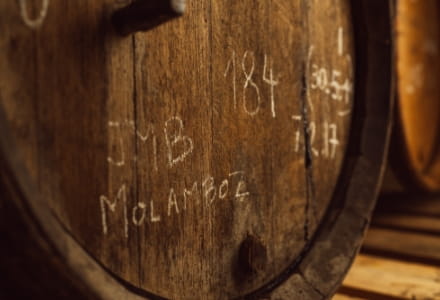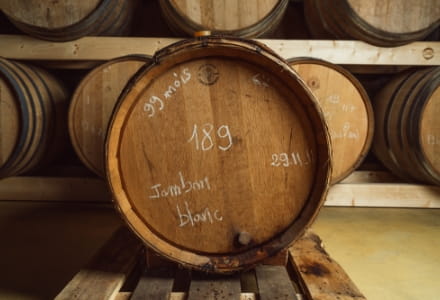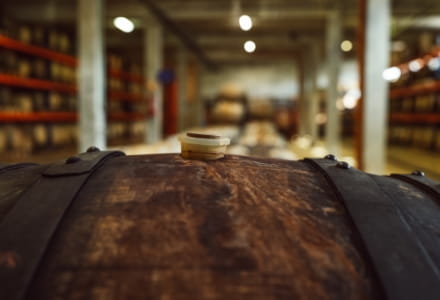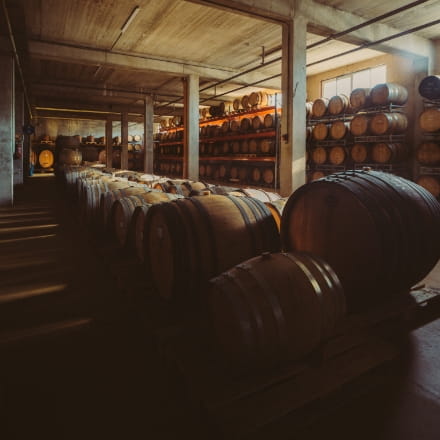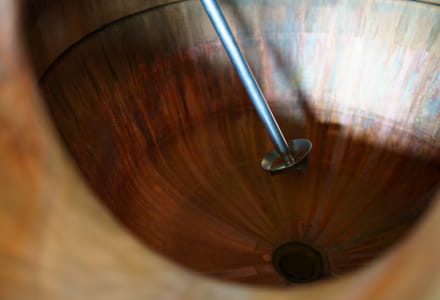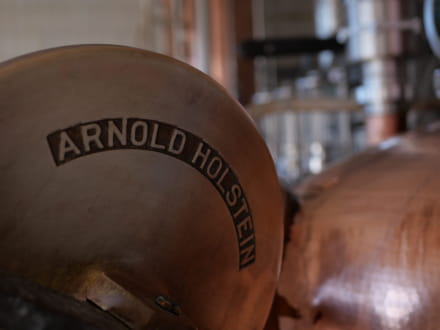I appreciate the commas.
They leave room
for countless possibilities.
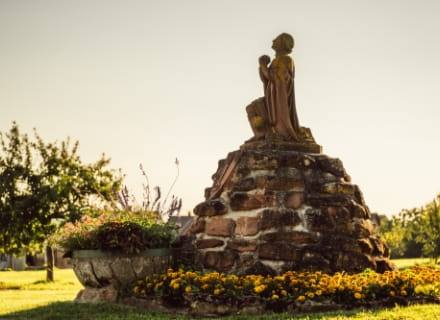
Born in Scotland in 554, it was intended that Wendelin would lead life as a royal. The son of King Forchado and Queen Irelina, he studied at a monastery as was the custom in those days. Refusing his royal destiny, he yearned for a life of humility, even hardship and mortification, so he left in search of his own true path. Guided by a desire to devote his life to God, he went to Rome in 574 where Pope Benoît I welcomed his decision.
After a long journey that took him as far as Trier, located in what is today southwestern Germany, he became a beggar. In that city he made the acquaintance of a rich landowner. Reproaching him for his laziness, the rich man suggested that Wendelin take the job of shepherd in exchange for a pittance. Unhappy with not having free time for his prayers, Wendelin agreed to become a shepherd, able to pray while watching over his flocks.
One day when he had ventured rather far with his sheep, he ran into his master on horseback who reminded him of his duties. Wendelin assured his master that not only would he and the sheep return home, they would be there before him. Arriving home after the shepherd, the master acknowledged Wendelin’s holiness and gave him his liberty. He also gifted him with a parcel of land on which Wendelin would build his hermitage.
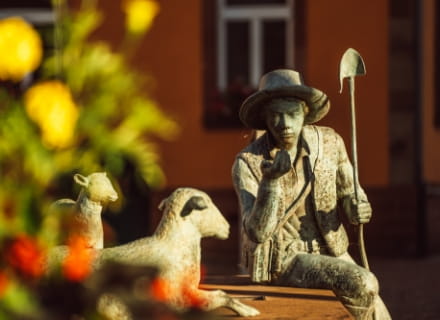
By the grace of God, Saint Wendelin had the gift of dowsing, able to make spring water flow forth at the touch of his shepherd's crook and to cure sick animals with his prayers. News of these miracles reached as far as the bishop of Trier, who named Wendelin abbot of Tholey monastery, where he would continue to live a life of austerity, relying on charity.
It was in 617 that Wendelin’s health began to decline. Sensing the approach of his death, he revealed to his fellow monks his noble origins. At his death he was buried at the foot of the altar, the usual custom for high-ranking people.
Several centuries later, the town of Saint-Wendel was built around his tomb. He is the patron saint of shepherds and agricultural workers, who prayed to him for good harvests and delivery from both the plague and infectious animal diseases.
The saint’s day for Saint Wendelin is around October 20. Worship of Saint Wendelin is widespread throughout Alsace, and several churches, chapels or religious sites were named in his honor. Incidentally, in Uberach there are two statues celebrating his legend, and the village church is named after him. His humility and devotion along with his gift for dowsing explain his connection to the village and would eventually be the genesis for the very first Alsatian whiskies.



